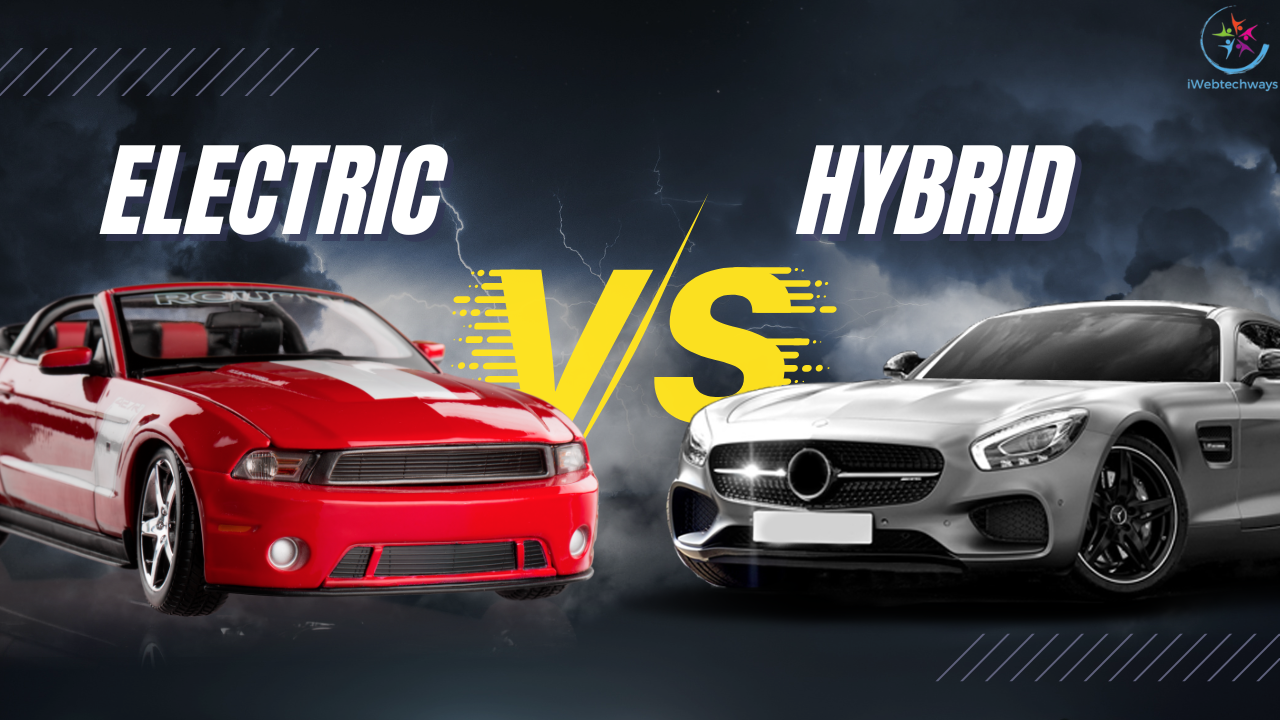The automotive industry is rapidly evolving, with electric vehicles (EVs) and hybrid cars becoming increasingly popular among environmentally conscious consumers. As we look toward 2025, understanding the differences, advantages, and drawbacks of these two vehicle types is crucial for making an informed decision. This article explores their key distinctions, benefits, and which option may be the better choice in 2025.
Understanding Electric Cars and Hybrid Cars
Electric vehicles (EVs) run solely on electricity stored in high-capacity battery packs. They use electric motors for propulsion and do not have an internal combustion engine (ICE). As a result, EVs produce zero tailpipe emissions, making them an environmentally friendly choice. Popular models include the Tesla Model 3 and Hyundai Ioniq 5.
Hybrid cars, on the other hand, combine a gasoline engine with an electric motor. They can operate using either power source or both simultaneously. There are two main types of hybrids:
- Traditional Hybrids (HEVs): These vehicles use a combination of gasoline and electric power but do not require external charging. They rely on regenerative braking to recharge the battery.
- Plug-in Hybrid Electric Vehicles (PHEVs): These hybrids have larger battery packs that can be recharged by plugging into an external power source. PHEVs can drive on electric power alone for a limited range before switching to gasoline.
Key Differences
- Power Source:
- Electric Cars: Operate exclusively on electricity.
- Hybrid Cars: Use both gasoline and electricity.
- Emissions:
- Electric Cars: Produce zero tailpipe emissions.
- Hybrid Cars: Emit fewer pollutants than conventional gasoline cars but still generate emissions.
- Fuel Economy:
- Electric Cars: Generally offer lower operating costs since electricity is cheaper than gasoline.
- Hybrid Cars: Improve fuel efficiency compared to traditional vehicles but may not match the cost savings of EVs in the long run.
- Maintenance Costs:
- Electric Cars: Require less maintenance due to fewer moving parts and no oil changes.
- Hybrid Cars: Need maintenance for both their gasoline engine and electric components, potentially leading to higher long-term costs.
Pros and Cons of Electric Cars
Advantages
- Environmental Benefits: EVs significantly reduce greenhouse gas emissions and air pollution, particularly when charged with renewable energy.
- Lower Operating Costs: Electricity is generally more affordable than gasoline, resulting in substantial fuel savings.
- Government Incentives: Many governments offer tax credits and rebates for qualifying EVs, making them more cost-effective.
- Performance: Electric motors deliver instant torque, offering fast acceleration and a smoother driving experience.
Disadvantages
- Charging Infrastructure: While expanding, charging networks may still be less widespread than gas stations, potentially limiting travel options in some regions.
- Range Anxiety: Although EV ranges are improving, some drivers may still worry about running out of charge on long trips.
- Higher Upfront Costs: Electric vehicles tend to have higher purchase prices, though these are gradually decreasing with advancements in battery technology.
Pros and Cons of Hybrid Cars
Advantages
- Flexibility: Hybrids can switch between gasoline and electric power, making them a practical choice for those without reliable access to charging stations.
- Improved Fuel Efficiency: Hybrids consume less fuel than traditional gasoline cars, leading to cost savings.
- Lower Initial Cost: Hybrids are generally more affordable than fully electric vehicles, making them an attractive option for budget-conscious buyers.
Disadvantages
- Higher Maintenance Costs: Due to their dual powertrain, hybrids may require more complex and costly maintenance over time.
- Environmental Impact: While hybrids produce fewer emissions than conventional cars, they still rely on gasoline, making them less eco-friendly than EVs.
- Limited Incentives: Many hybrids do not qualify for the same level of government incentives as fully electric vehicles.
Which Option is Better in 2025?
As we move into 2025, several factors will influence the decision between electric and hybrid cars:
- Charging Infrastructure Growth: The continued expansion of charging networks will determine the practicality of EVs for long-distance travel. If charging stations become more widely available, EVs will become an increasingly viable choice.
- Government Policies and Incentives: Financial incentives and stricter emissions regulations may encourage more consumers to transition to EVs over hybrids.
- Battery Technology Advancements: Improvements in battery technology could enhance EV range, reduce costs, and make electric cars even more appealing.
- Personal Driving Habits: Individual needs will play a significant role in choosing between an EV and a hybrid. If a driver has access to reliable home charging and primarily takes short trips, an EV may be the best choice. However, those who frequently travel long distances without guaranteed charging access may prefer a hybrid.
Conclusion
Both electric and hybrid cars offer unique advantages, catering to different consumer needs. Electric vehicles excel in environmental performance and lower long-term costs, but challenges related to charging infrastructure and upfront pricing remain. Hybrid cars provide flexibility and improved fuel efficiency compared to conventional gasoline cars but still generate emissions and require more maintenance.
As we approach 2025, the choice between an EV and a hybrid will depend on factors such as driving habits, charging availability, government incentives, and overall cost considerations. With ongoing technological advancements and increasing environmental awareness, either option represents a step toward a more sustainable automotive future.











